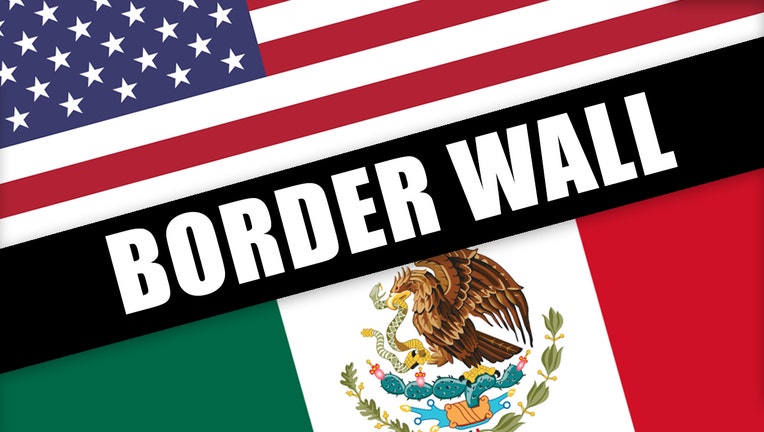Supreme Court won't halt challenged border wall projects

WASHINGTON - The Supreme Court declined by a 5-4 vote on July 31 to halt the Trump administration's construction of portions of the border wall with Mexico following a recent lower court ruling that the administration improperly diverted money to the project.
The court's four liberal justices dissented, saying they would have prohibited construction while a court challenge continues, after a federal appeals court ruled in June that the administration had illegally sidestepped Congress in transferring the Defense Department funds.
“The Court’s decision to let construction continue nevertheless I fear, may operate, in effect, as a final judgment,” Justice Stephen Breyer wrote in a brief dissent for the four liberals.
Friday's order means the court is not likely even to consider the substance of the issue until after the November election, while work on the wall continues.
Last summer, at an earlier stage in the case, the justices also split 5-4 along ideological lines to allow the administration to begin construction using $2.5 billion in Defense Department funds.
That allowed President Donald Trump to make progress on a major 2016 campaign promise heading into his race for a second term. The administration wanted to use the money to replace a total of 129 miles (208 kilometers) of rundown or outdated fencing in New Mexico, Arizona and California. As of mid-July, 92 miles (1148 kilometers) have been completed according to U.S. Customs and Border Protection.
Following the latest appeals court ruling, the wall's challengers returned to the high court to ask that construction be halted.
The Trump administration opposed the request and said it would file paperwork in August asking the Supreme Court to hear arguments in the case.
The case has its origins in the 35-day partial government shutdown that started in December of 2018. Trump ended the shutdown after Congress gave him approximately $1.4 billion in border wall funding, but that was far less than the $5.7 billion he was seeking. Trump then declared a national emergency to take cash from other government accounts to use to construct sections of wall.
At the time, the money Trump identified included $2.5 billion in Defense Department money, $3.6 billion from military construction funds and $600 million from the Treasury Department’s asset forfeiture fund.
The case before the Supreme Court involved just the $2.5 billion in Defense Department funds. The American Civil Liberties Union, which sued the Trump administration on behalf of Sierra Club and Southern Border Communities Coalition, has said it will seek to tear down sections of the wall that were built with the money.
The Supreme Court is on break for the summer but does act on certain pressing items. It will begin hearing cases again in October.
Continuing Coverage
Related
Feds give 65 acres of land for border wall infrastructure
The agency says it’s now handing over 53 acres in Yuma County, Arizona, that is needed to install power and other utilities around the border wall there. Another 12.7 acres in Hidalgo County, New Mexico, were transferred so that the Army could install power and other utilities along with engineering or roads that provide access to the border wall project there.
Related
President Trump's visit to Arizona marked by border visit, Phoenix event, protest
First, the president will travel to Yuma to mark the construction of more than 200 miles (322 kilometers) of wall along the U.S.-Mexico border, an issue that he built his campaign on four years ago. Later, he’ll address a group of young Republicans at a Phoenix megachurch, where event organizers have pledged thousands will attend.
Related
Largest yet: $1.3 billion contract awarded for border wall
Trump has promised to build 450 miles of wall along the border with Mexico by the end of the year. So far, the government has awarded millions of dollars in contracts for construction of 30-foot-tall barriers, along with new lighting, technology, and infrastructure. The Trump administration says it has already built 187 miles of wall. Some of it is new, but most is replacing old, much shorter barriers that officials say were not sufficient.




